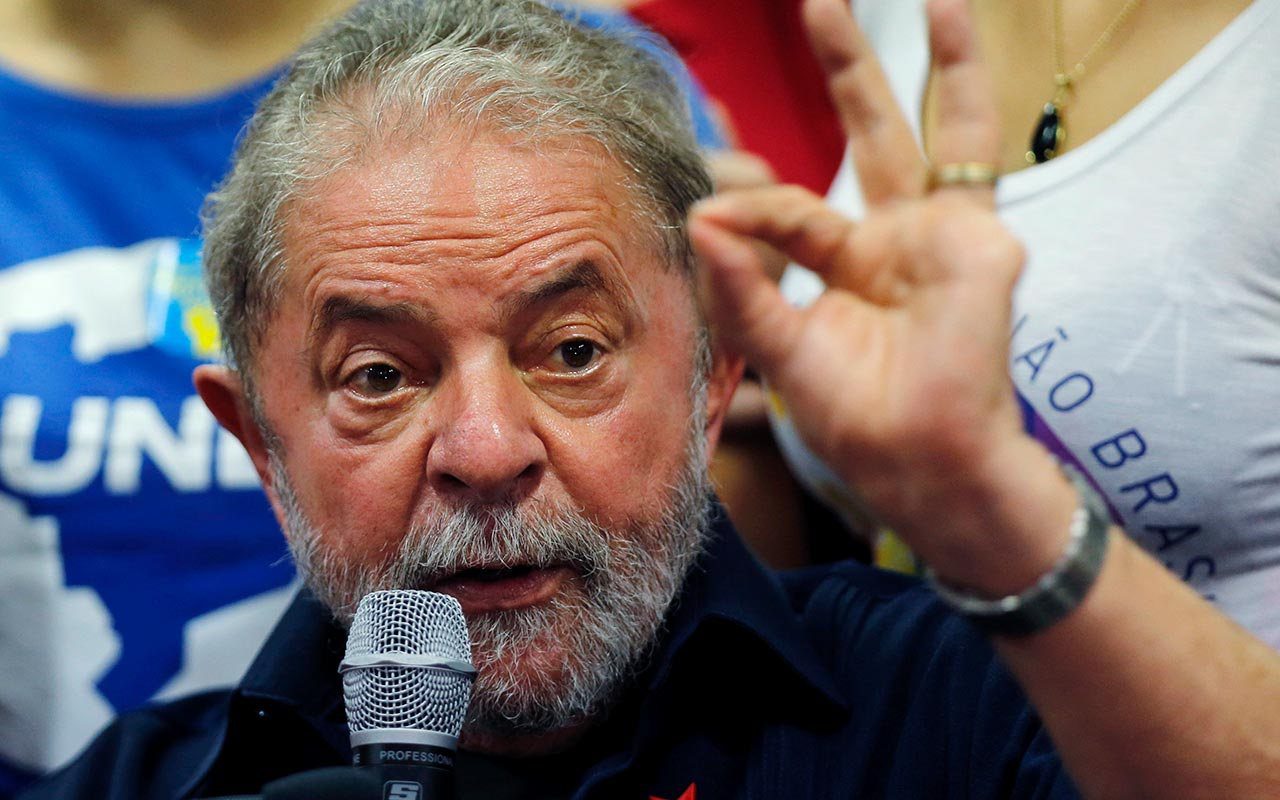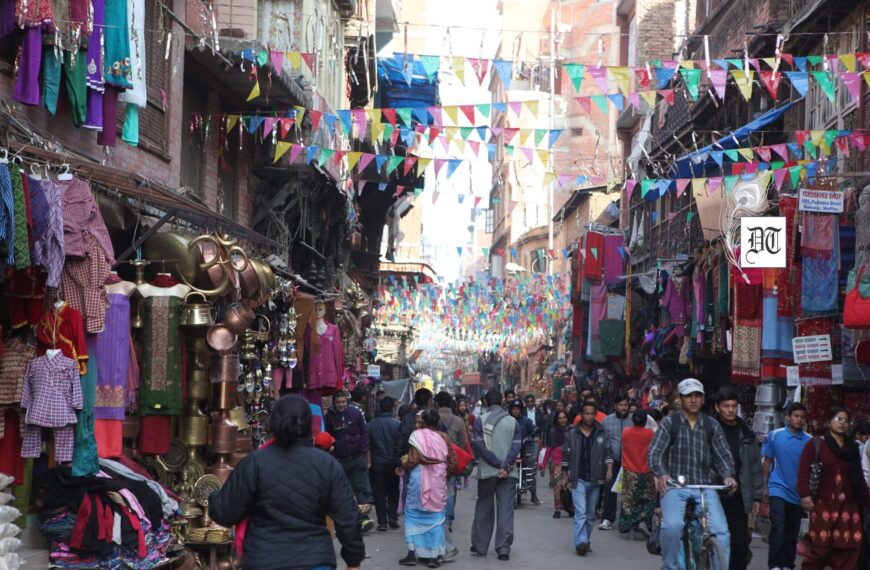Lula is by far the most popular of the multiplicity of possible candidates. A steel worker by training, he was an effective labour leader and then president of Brazil from 2003 to 2011. His policies helped to lift millions of poor working class and rural Brazilians out of poverty, greatly strengthened the social safety net, and improved the rights of workers, women, minorities, and LGBTQ Brazilians. A report for Different Truths.
The Workers’ Party (Partido dos Trabalhadores, or PT) of Brazil has decided to run the country’s extremely popular former president, Luiz Inácio Lula da Silva, known by all as “Lula,” as its candidate in the October presidential elections in this nation of 200 million people. The first round of voting will be held on October 7, with a possible runoff on October 28.
The announcement was made on Sunday by party president Gleisi Hoffmann. Seen from one angle, it makes perfect political sense. Lula is by far the most popular of the multiplicity of possible candidates. A steel worker by training, he was an effective labour leader and then president of Brazil from 2003 to 2011. His policies helped to lift millions of poor working class and rural Brazilians out of poverty, greatly strengthened the social safety net, and improved the rights of workers, women, minorities, and LGBTQ Brazilians.
But he was “term limited out” in 2011 and succeeded by another PT president, Dilma Rousseff. Rousseff continued most of Lula’s policies, but had the misfortune that on her watch there was an economic downturn coupled with massive corruption scandals. Even though Rousseff was not accused of corruption, she was impeached and removed from power in a farcical “constitutional coup” in August 2016.
She was succeeded in the presidency by her vice president, Michel Temer, of the Brazilian Democratic Movement party, or MDB. Temer, who had been chosen to balance Rousseff’s ticket, turned out to be utterly treacherous and reactionary. Allied with far-right-wing parties in Brazil’s Congress, Temer, who himself faces grotesque corruption accusations, has worked to overturn all the progressive advances that were achieved under Lula and Rousseff, even going so far as to weaken the enforcement of anti-slavery laws. So millions of Brazilians, who have been vigorously protesting Temer’s right-wing policies, would be glad to see Lula returned to the presidency.
However, Lula is in prison on his own corruption charges, and unless his efforts to appeal his sentence are successful, he is ineligible to run for president. The charges against Lula, which involve his getting access to an apartment, supposedly in a quid pro-quo deal, are highly suspect, and many believe they were cooked up precisely to prevent him from running for president and returning to power. But his appeals may not succeed.
The PT named the former mayor of São Paulo, Fernando Haddad, to be Lula’s vice presidential candidate. Should efforts to get court authorization to run not work out, Haddad would become the PT’s presidential candidate.
But then who would be the PT vice presidential candidate? Here is where things get interesting. In Monday’s announcement, PT president Hoffman announced that the Workers Party, the Communist Party of Brazil (Partido Comunista do Brasil, or PC do B), and the Republican Party of Social Order (a small party further to the right), will be running a joint campaign as an electoral coalition for the presidency.
This campaign, according to Hoffman, will also have the support of another small leftist party, the Workers’ Cause Party. Hoffman also appealed to other left-wing parties and groups to support this coalition effort. And, in case the candidacy of Lula cannot go forward, Haddad will be replaced as the coalition’s vice presidential candidate by Manuela d’Avila, a member of the Communist Party and a former Communist member of the Chamber of Deputies, the lower house of the Brazilian Congress. Not only that, even if Lula is eventually allowed to run, Haddad offers to drop out and cede the candidacy to D’Avila. She had been the Communist Party’s own presidential candidate, but she has agreed to step down and support Lula’s candidacy.
So a situation may well arise in which the presidential candidate is from Lula’s party, and the vice presidential candidate is a Communist. Compare this to Rousseff’s election in which her vice presidential candidate, Temer, was well to the right of her and turned out to be a vicious backstabber.
A huge amount is at stake in October. The second most popular candidate so far, according to polls, is Jair Bolsonaro, of the Social Liberal Party, a far-right figure known for his racist and sexist statements and for praising the military dictatorship that ruled Brazil with an iron fist from 1964 to 1985. That government was known for murdering, torturing, falsely imprisoning, or driving into exile a great number of its political opponents. When young, Dilma Rousseff herself was subjected to such torture.
And if Bolsonaro were not awful enough, he too has a vice presidential candidate: A retired top army general, Antonio Hamilton Martins Mourão. Earlier, Mourão had caused a stir when he suggested that the army had the responsibility to step in and run the government if the politicians couldn’t handle the job. And on Monday, Mourão, speaking to a business group, stated his opinion that Brazil’s backwardness (as he sees it) results from the laziness of the indigenous people and the treacherousness of those of African descent.
As if to take the edge off the comment, he said he was also of indigenous ancestry, and he also tossed some brickbats at the Iberian Portuguese ancestors of the Brazilians. But still, the raw racism of the generalization is a poor fit with the responsibilities of a possible future president of this multi-racial country in which both Afro-Brazilians and Indigenous people have been the target of extreme racism and oppression for many years.
The Presidential elections outcome will decide which way Brazil will turn in the coming years.
Emile Schepers
Courtesy: People’s World
©IPA Service
Photo from the Internet





 By
By

